Small businesses today have a vast array of technology options to choose from when it comes to managing their IT infrastructure. One of the most significant decisions they have to make is whether to adopt an on-premise or cloud-based solution. In this article, we will compare the pros and cons of on-premise and cloud-based IT solutions for small businesses, to help you make an informed decision.
On-Premise IT Solutions
On-premise IT solutions refer to software and hardware that are installed and managed directly on a company’s own physical premises. This means that the company has complete control over its IT infrastructure and can customize it to meet its specific needs.
Pros:
- Control: With on-premise IT solutions, businesses have complete control over their IT infrastructure and can customize it to their specific needs.
- Security: With on-premise IT solutions, companies can implement their own security measures and maintain full control over their data.
- Reliability: With on-premise IT solutions, businesses can ensure that their IT infrastructure is always available and functioning properly, even during internet outages.
Cons:
- Cost: On-premise IT solutions can be expensive, as they require businesses to purchase and maintain their own hardware and software.
- Maintenance: On-premise IT solutions require ongoing maintenance and support, which can be time-consuming and costly for small businesses.
- Scalability: On-premise IT solutions may not be as scalable as cloud-based solutions, making it difficult for businesses to add new features or accommodate growth.
Cloud-Based IT Solutions
Cloud-based IT solutions refer to software and hardware that are hosted and managed remotely by a third-party provider. This means that businesses can access their IT infrastructure over the internet and do not need to maintain their own hardware or software.
Pros:
- Cost: Cloud-based IT solutions are typically more cost-effective than on-premise solutions, as they do not require businesses to purchase and maintain their own hardware or software.
- Scalability: Cloud-based IT solutions are highly scalable, making it easy for businesses to add new features or accommodate growth.
- Maintenance: With cloud-based IT solutions, the maintenance and support of the IT infrastructure is the responsibility of the provider, freeing up time and resources for the business.
Cons:
- Security: With cloud-based IT solutions, businesses are relying on the security measures of the provider and may not have complete control over their data.
- Reliability: With cloud-based IT solutions, businesses are dependent on the reliability of the provider and may be impacted by internet outages or provider downtime.
- Customization: With cloud-based IT solutions, businesses may have limited ability to customize their IT infrastructure to meet their specific needs.
Conclusion
In conclusion, both on-premise and cloud-based IT solutions have their pros and cons for small businesses. The best solution for a business will depend on its specific needs, including its budget, scalability requirements, and security and control needs. Small businesses should carefully consider these factors and seek professional advice before making a decision.




